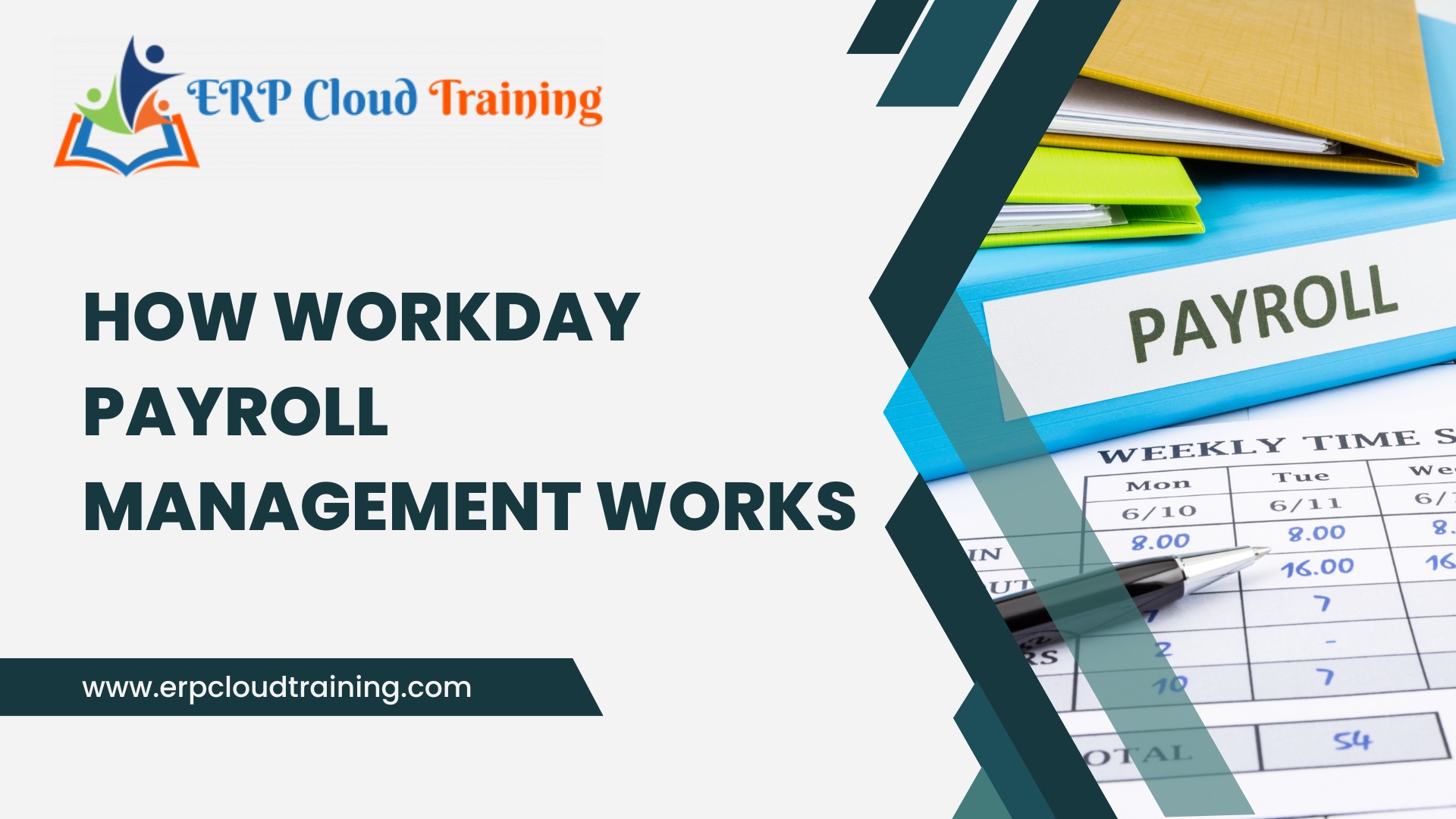Why Choose Workday Payroll?
The management of Payroll can be involved and manual resulting in inefficiencies as well as errors. This process is simplified and modernized by Workday Payroll using a cloud-based system that seamlessly integrates with Workday’s HCM suite to bring HR, Payroll, and Employee Management together.
Workday Payroll Key Advantages
Significant Improvements in Efficiency
- Average reduction of 69% to the Payroll cycle time.
- Better accuracy and speed during Payroll processing.
Comprehensive Feature Set
- HR Transactions Processing, Audits, Managing Payroll, and Tax Updates.
- Support mobile-first experiences to meet various organizational needs.
Streamlined Automated Payroll
- There is an automatic integration of Payroll-impacting transactions for changes concerning employment status, compensation, and benefits into Payroll.
- It facilitates ease in the processing of Payroll besides ensuring timely payments while having a global user experience.
Lower Costs of Running Payroll Process
- By eliminating manual data entry plus reducing labor costs linked to paying salaries.
- It enables you to run Payroll at any given time without extra charges incurred on such processes.
Payroll Calculation and Processing
- Continuous Calculations: Time-saving, error reduction, and submission of real-time worker costs for finance are realized through automatic recalculation upon the occurrence of any Payroll impacting events that happen during running the Payroll.
- Modern Calculation Engine: A powerful, simplified tool to deal with complex Payroll rules and reduce calculation time from a few hours to minutes.
- Consolidated Processing: Define processing criteria and run multiple pay groups together for efficiency.
Increased Employee Satisfaction Levels
- Employee Self-Service: Accessing information about the job including other details on Payroll records becomes easier by using self-service features within employees themselves. Opt for electronic delivery of Payroll and tax documents.
- Mobile App Access: Access mobile and online payslips, and manage W-2s, W4s, and tax elections online. Employees can request time off, view their pay slips, and make payment elections from one place only.
- Advanced Security & Compliance: It has role-based security along with segment-based security for maintaining sensitive information. Role-based security permissions for accessing or collaborating on pay results are configurable.
Customization & Flexibility
- Advanced Calculation Engine: Frequent running of Payroll calculations for handling complex needs in Payroll operations.
- Highly Customizable Interfaces: Set up accumulations, balance periods as well as pay groups as per your organizational configurations.
Enhanced Visibility & Collaboration
This streamlines Payroll operations using real-time data and reports, hence increasing transparency across the entire organization.
- Automated Tax Updates: Receive automatic tax updates through the cloud-delivered model.
- Thorough Audits before Finalizing Payroll: Perform detailed audits before finalizing Payroll, pre-built reports for insights.
- Unified with Workday HCM, Single System-of-Record: Manage employee data across HCM and Payroll for benefits, terminations, and life events.
Maximizing Your Workday Payroll Implementation
Bring in Professionals:
- Collaborate with experienced consultants to fix problems quickly and efficiently.
- Their specialized know-how and user-friendly approaches can be leveraged.
Conduct Comprehensive Tests:
- To ensure accuracy before final conversion from legacy systems, take advantage of parallel payroll runs.
Implementation and Training
- Workday Payroll Training: Focuses on teaching users how to configure, manage, and optimize the payroll process within Workday, including payroll processing, tax compliance, and reporting. Effective long-term management of Workday Payroll demands functional training at the expense of other training.
- Workday Payroll Integration Training: PICOF (Payroll Integration Common Output File) and PECI (Payroll Effective Change Interface) focus on configuring and managing payroll data exchange between Workday and third-party systems. The training covers file formats, data mapping, security, testing, and best practices, ensuring accurate, secure, and efficient payroll integrations.
- Consulting and Support: Implementation consulting ensures that the Workday Payroll system is aligned with organizational needs, with ongoing support available to address any issues that arise post-implementation.
Implementation Tips
- Identify and Address Pain Points: Solve existing payroll issues before moving to Workday.
- Emphasize Functional Training: Focus on functional knowledge that will effectively manage your system in the long run.
- Perform Thorough Testing: Do parallel runs for your payslip before going live so you may be sure it is accurate.
- Engage Experienced Consultants: There is an array of experts who are adept at troubleshooting, user experience, best practices, etc.
Global Payroll Partner Program
- Third-Party Integration: Use Workday’s Cloud Connect for Third-Party Payroll to integrate with local payroll vendors.
- Cost Savings: Enjoy the benefit of reduced costs associated with implementing and managing third-party systems.
Conclusion
In conclusion, Workday Payroll simplifies traditionally complex payroll processes and fits perfectly into the company’s HCM system. Thus, with its strong calculation engine, automation, and robust security measures, it guarantees efficiency and compliance. Adopting Workday Payroll helps minimize costs, improve employee contentment, and bettering the general payroll administration. This further increases system effectiveness through the engagement of experienced consultants towards conducting thorough testing as well as using training and integration options provided by Workday. Whether administering local or global payrolls, Workday Payroll has a complete solution for your organization’s special requirements.




